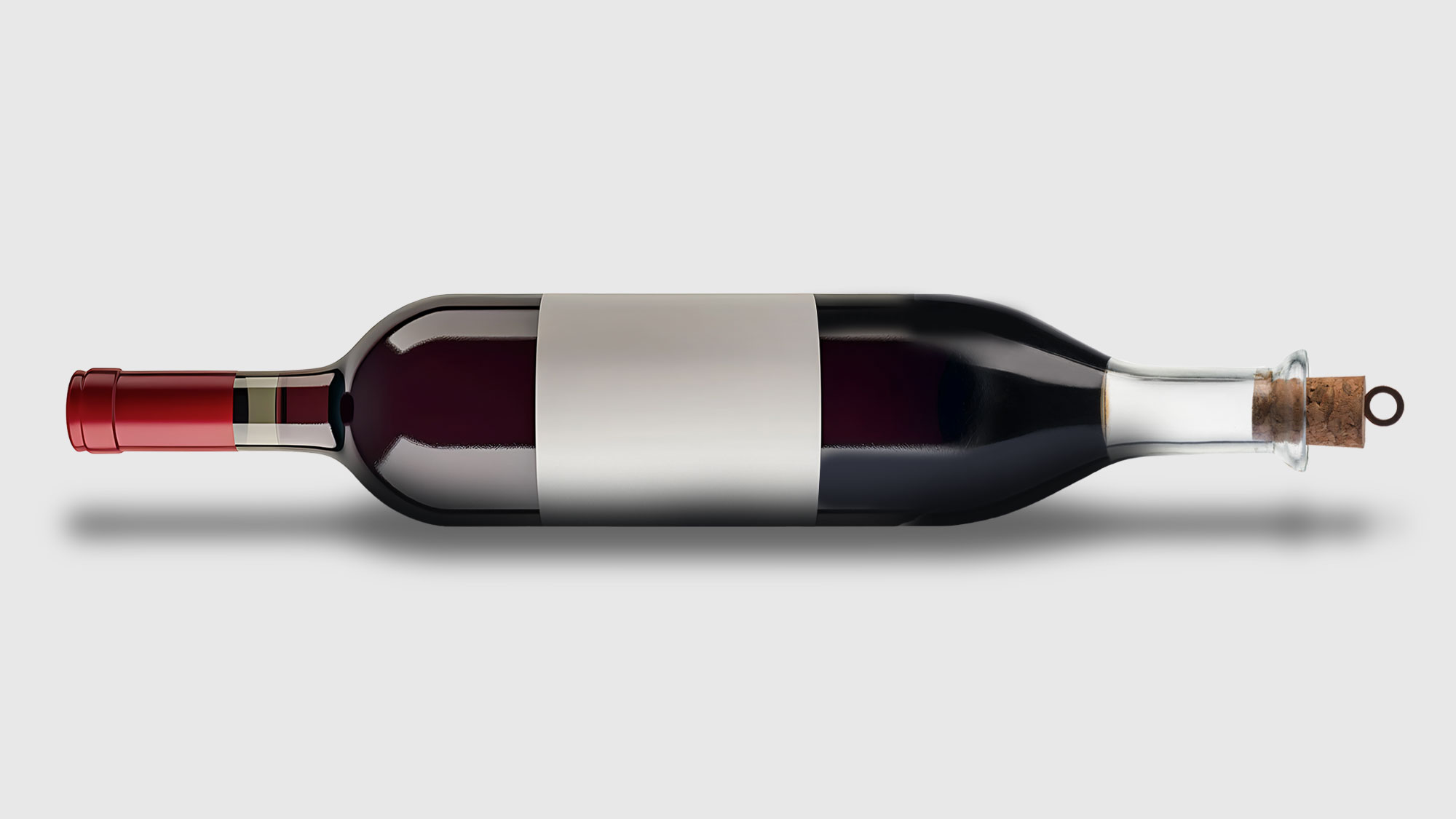


White wine, red wine, Champagne, and even sherry: grocery shop shelves are filled with vinegar varieties that boast wine-related names. But the connection between wine and vinegar hasn’t always been crystal clear.
One myth that’s often perpetuated is that when a bottle of wine gets too old or goes bad, it inevitably turns into vinegar. In the market for old and rare wines, one might hear an expensive wine of a certain age referred to as “thousand-dollar vinegar” or in the case of one of the most expensive wines ever purchased “The Billionaire’s Vinegar” — the title of a book about a scam involving some of the rarest bottles of wine sold at auction.
So should wine lovers and collectors be worried about old bottles turning into salad dressing in their cellars? Or if a home chef leaves some leftover Chianti out for a few days, will they be rewarded with a fresh red wine vinegar? The answer isn’t so simple.
Starting at the beginning, both products are made from grapes. First, the fruit undergoes alcoholic fermentation, where yeast turns the grape sugars into alcohol, making wine. Vinegar takes the process a step further, where acetobacter bacteria convert the alcohol into acetic acid, which gives vinegar its characteristic sharp odors and flavors. (This is also why vinegar isn’t alcoholic.)
In vinegar production, to reliably get a similar result every time, the bacteria is introduced into the wine to spark this conversion process. People can use a “vinegar mother,” which contains cellulose, yeast, and acetic acid bacteria to help nudge the fermentation in the right direction, similar to how a “SCOBY” is used in kombucha production.
Without the vinegar mother, the wine doesn’t always necessarily turn into vinegar on its own. Acetobacter is considered a spoilage bacteria, and in modern wine production, many winemakers choose to fine, filter, or add sulfites to wine to help decrease the risk of bacteria getting into the bottle and turning the wine sour.
Therefore, it’s unlikely that the coveted bottles tucked away in a collector’s cellar are turning to vinegar right now, but it’s not unheard of. If the spoilage bacteria and oxygen somehow get into the bottle — likely through an old, dried-up cork — then that prized Bordeaux can indeed turn to something resembling vinegar.
When it comes down to it, though, vinegar is typically produced in a very intentional manner with specific bacteria, so chances are low that a wine lover will accidentally make vinegar by leaving a wine out for too long or aging a bottle past its prime.
If a wine does turn sour unintentionally, it’s not necessarily unsafe to cook with, but will be unpleasant to sip. In which case, it might be best to reach for another bottle. As the old adage suggests, “If you wouldn’t drink it, don’t cook with it.”
The article Does All Wine Eventually Turn Into Vinegar? appeared first on VinePair.